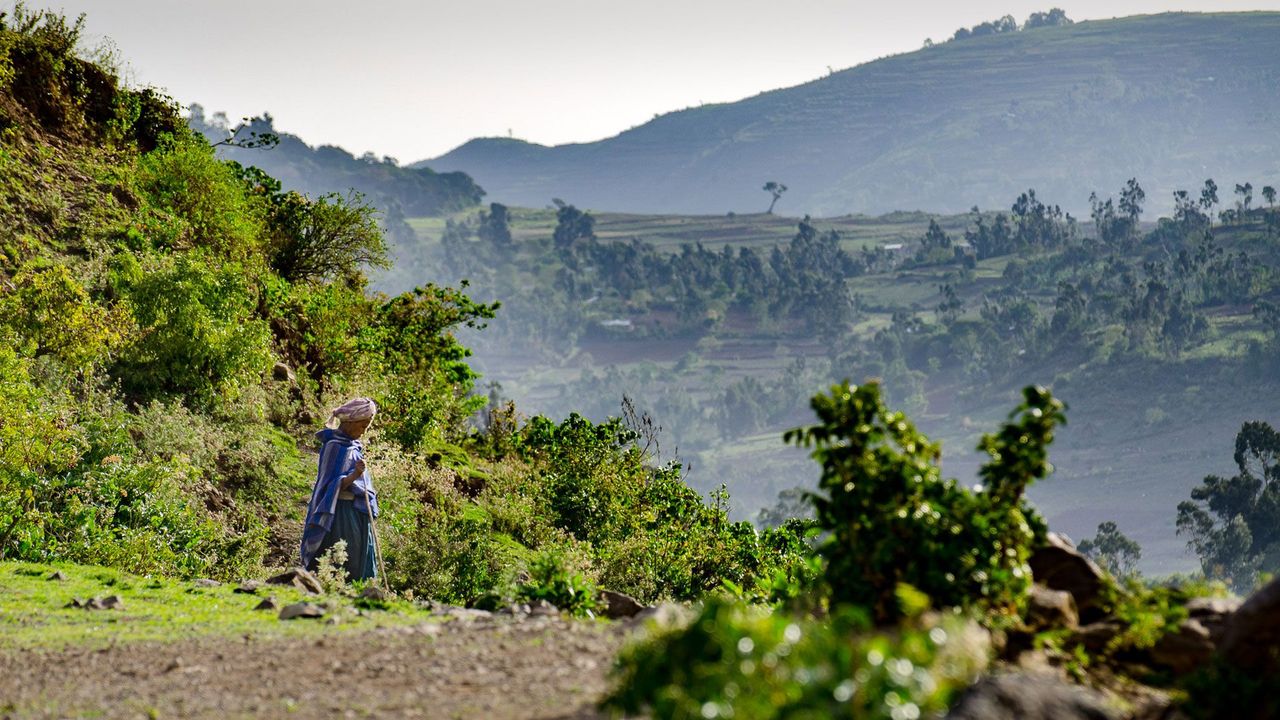What Are The Pros And Cons Of Ecotourism?

Introduction
Ecotourism, also known as sustainable tourism, is a form of travel that focuses on minimizing the negative impacts on the environment and supporting local communities. It is a growing trend in the tourism industry, as more and more travelers are becoming conscious of the need to protect and preserve our planet.
Unlike traditional tourism, which often contributes to environmental degradation and cultural erosion, ecotourism aims to provide unique and immersive experiences that educate visitors about the importance of conservation and sustainable practices. By choosing to engage in eco-friendly tourism activities, travelers can play a role in preserving natural habitats, supporting local economies, and fostering cultural exchange.
However, like any other form of tourism, ecotourism also has its pros and cons. In this article, we will explore the advantages and disadvantages of ecotourism, allowing you to make an informed decision about whether it aligns with your travel values and goals.
Pros of Ecotourism
Ecotourism offers numerous benefits, both for the environment and the local communities. Here are some of the key advantages:
- Conservation of Natural Resources: Ecotourism promotes the preservation of natural habitats and biodiversity. By visiting protected areas, tourists contribute to the funding of conservation efforts, ensuring the sustainability of these ecosystems for future generations.
- Economic Development: Ecotourism provides economic opportunities for local communities. By supporting locally-owned businesses, such as eco-lodges and community-based tour operators, tourists help to create jobs and generate income for the residents. This can lead to improved living standards and reduced reliance on activities that harm the environment, such as logging or unsustainable farming.
- Cultural Preservation: Ecotourism often focuses on immersing visitors in the local culture and traditions. This promotes a better understanding and appreciation of indigenous communities, their customs, and their knowledge of the natural environment. It helps to preserve traditional practices and craftsmanship.
- Educational Opportunities: Ecotourism offers a chance for visitors to learn about various environmental issues, conservation initiatives, and sustainable practices. By engaging with knowledgeable guides and participating in educational activities, travelers gain a deeper understanding of the importance of protecting the planet.
- Minimal Environmental Impact: Compared to traditional tourism, ecotourism strives to minimize its ecological footprint. With a focus on sustainable transportation, waste reduction, and responsible consumption, ecotourism ensures that the environmental impact is kept to a minimum.
- Support for Conservation Projects: Many ecotourism operators and organizations actively contribute to conservation projects and community development. Some allocate a portion of their profits towards funding research, habitat restoration, or local initiatives that benefit the environment and the local communities.
These benefits make ecotourism a powerful tool for promoting sustainable practices while allowing travelers to experience unique and enriching destinations. However, it is important to also consider the potential drawbacks of ecotourism, as discussed in the next section.
Cons of Ecotourism
While ecotourism has many positive aspects, it is not without its challenges and potential negative impacts. Here are some of the key drawbacks:
- Overcrowding and Degradation of Natural Areas: The popularity of ecotourism can lead to overcrowding in delicate ecosystems, causing damage to the environment. Trampling of vegetation, disruption of wildlife habitats, and pollution from increased foot traffic can all have detrimental effects on fragile ecosystems.
- Greenwashing and Lack of Regulation: The term “ecotourism” is sometimes used as a marketing ploy, with businesses claiming to be environmentally friendly without adhering to sustainable practices. Lack of regulation and standardized certification make it difficult for tourists to differentiate genuine ecotourism operators from those that are simply exploiting the label for profit.
- Cultural Commodification: The influx of tourists can bring about cultural commodification and exploitation. Local traditions and customs may be altered or modified to cater to tourist expectations, leading to the loss of authentic cultural experiences.
- Displacement of Local Communities: The development of ecotourism infrastructure can sometimes result in the displacement of local communities. Land may be taken away from indigenous people or small-scale farmers to make way for tourist resorts or protected areas, causing social and economic disruption.
- Dependency on Tourism: In some cases, communities that heavily depend on tourism may become overly reliant on this industry. A decline in tourism can have significant economic consequences, leaving communities vulnerable to economic shocks.
- Carbon Footprint: Despite efforts to minimize environmental impact, transportation to ecotourism destinations can still contribute to carbon emissions. Long-haul flights and fuel use for transportation within the destination can undermine the sustainability goals of ecotourism.
It is important to consider these potential downsides when engaging in ecotourism. Recognizing these challenges can help address them and promote a more responsible and sustainable approach to ecotourism.
Conclusion
Ecotourism offers a unique and rewarding way to explore the world while actively contributing to the preservation of the environment and the well-being of local communities. The advantages of ecotourism are evident, from the conservation of natural resources to the economic development of local communities. It provides educational opportunities and supports cultural preservation.
However, it is crucial to be aware of the potential drawbacks of ecotourism. Overcrowding and degradation of natural areas, greenwashing, cultural commodification, and displacement of local communities are some of the challenges that need to be considered. It is important to address these issues through responsible and sustainable practices, ensuring that the positive impacts outweigh the negative.
In conclusion, ecotourism, when practiced responsibly, has the potential to create a positive change in the world. By choosing sustainable travel options, supporting local communities, and being mindful of our environmental impact, we can enjoy meaningful and enriching travel experiences that preserve our planet for future generations. So, whether you’re hiking through a pristine rainforest, snorkeling in a coral reef, or exploring a local community, embrace the essence of ecotourism and become a responsible traveler.

